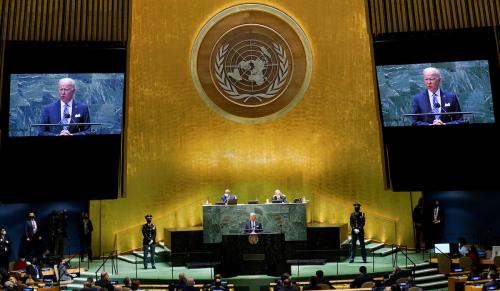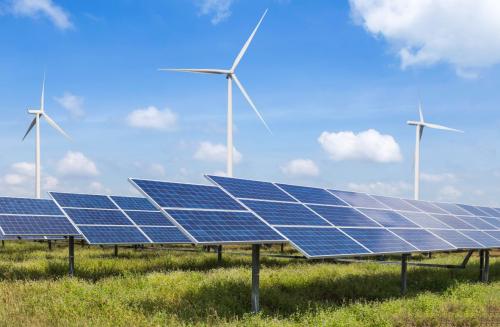Presidents running for reelection are hard to beat. Since World War II, a period over which Democrats and Republicans have each occupied the White House about half the time, incumbents have won reelection 70 percent of the time. Other things equal, a clear advantage for Obama this year.
On the other hand, it is accepted political wisdom that the state of the economy is what matters most for voters. Fairly or unfairly, the president gets the credit for good times and the blame for bad. Obama initially got high marks for moving aggressively to stop the economic freefall he inherited. His approval ratings were high. But by the summer of 2010, the overhang of the credit and real estate bubbles got in the way of normal recovery and the resulting weak expansion had become a political liability for the president.
So how compelling is the idea that the state of the economy determines the election winner? And is there evidence of a separate incumbency effect? Five of the 7 incumbents who won did so in years with both good job markets and no serious inflation worries. The other two had good job growth but inflationary problems. Harry Truman won in 1948 despite serious labor unrest and inflationary wage increases. And Richard Nixon won in 1972 despite clumsy wage and price controls that suppressed inflation.
In the three elections that incumbents lost, the economic backgrounds were more mixed. When Gerald Ford lost to Jimmy Carter, the economy was recovering normally from recession, but inflation was stubbornly high in the aftermath of the first OPEC shock to oil prices and the end of the Nixon era price controls. Ford may not have gotten the typical incumbency boost because he had never been elected president. When Carter lost to Ronald Reagan, the economy was a major liability on both the jobs and inflation fronts. The second OPEC shock had spiked inflation even higher and to fight it the Volcker Fed raised borrowing rates to 20 percent and sent the economy into a steep recession. When George H.W. Bush lost to Bill Clinton 12 years later, inflation was not a worry but job growth was, with the economy barely recovering from a mild recession. In the year before the election, employment rose only 1 percent and the unemployment rate was drifting up to 7.5 percent.
Where does this leave election prospects in 2012? Last winter, employment gains quickened and a moderately optimistic forecast was that economic expansion in 2012 would be faster than the disappointing growth of 2011, that unemployment would improve to the 7.5 to 8 percent range this year, and that this pick-up would largely defuse the weak economy as an election issue.
Some of the reasons for this moderate optimism have materialized: housing continued to recover, auto sales were strong, and prices for oil and gasoline declined. But other areas disappointed: exceptional weakness in Europe and China held back U.S. exports, and business investment has been flat. The virtuous circle of growth in jobs, incomes, consumption, and capacity that characterizes strong cyclical recoveries has not taken hold. And the election is near enough that a meaningful change in how voters see the economy is highly unlikely. It is a disappointing expansion, but not bad enough, by historical standards, to unseat an incumbent.
This outlook suggests other things that matter to voters will be important. The Romney camp is making an issue of the new health care law. The Obama camp is pressing for full disclosure of personal finances. And each side is blaming the other for budget problems. It is too soon to tell whether these or any other special issues will resonate with voters. But as of now, incumbency should be enough to see Obama through.



Commentary
Op-edWeak Economy, Yes, But Not a Death Knell for Obama
July 31, 2012